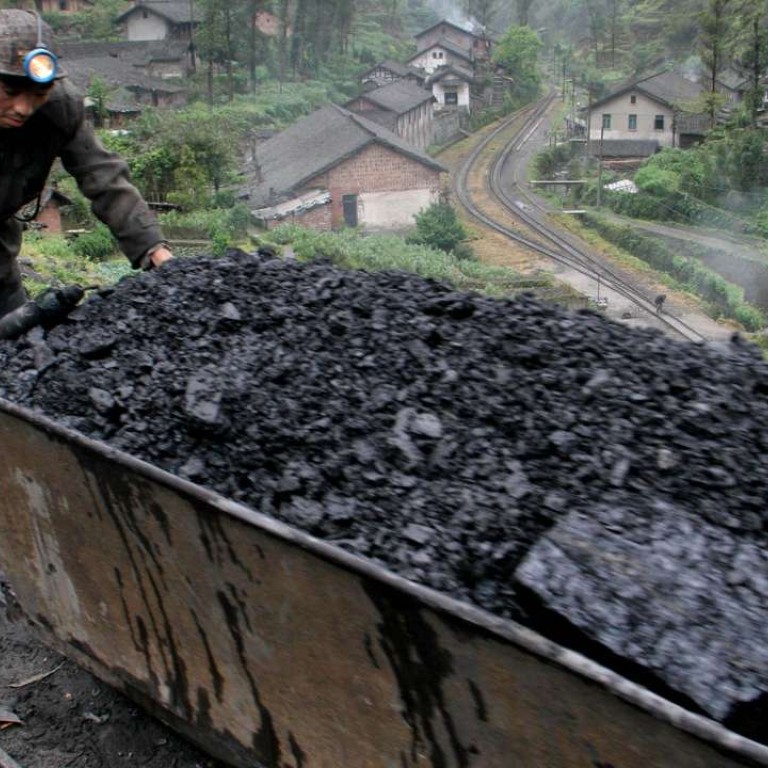
State-owned Sichuan Coal defaults on bond for second time
The latest repayment failure comes as analysts predict a surge in mainland defaults next year as 5.5 trillion yuan of onshore bonds come due
A state-owned Chinese coal firm has missed a repayment on a bond for the second time this year, amid increasing concerns that defaults may surge as trillions of yuan in onshore bonds mature next year.
Sichuan Coal Industry Group, owned by the government of the south-western Sichuan province, failed to repay the principal and interest on 1 billion yuan in three-year private placement notes (PPN) with a 7.5 per cent coupon due on December 25.
The company’s previous default, six months ago, was only resolved with government intervention. On that occasion, Sichuan Coal, the biggest coal producer in the province, missed a payment of 1.05 billion yuan of bond principal and interest that was due in mid-June.
Back then the bondholders managed to secure a full repayment after the local government stepped in. The company repaid investors in July with entrusted loans from the state-owned Sichuan Provincial Investment Group which obtained them from the company’s underwriters including Bank of Communications and three other state-owned banks.
The company will face intensifying debt repayment pressure in the future as the next one to two years will see the amount of debt that comes due surge
The second default is a reminder to investors of the deteriorating fundamentals of the company, and suggests that even government support may not be enough to reverse that deterioration.
Sichuan Coal first slipped into the red in 2012, and made more than 10 million yuan in losses every year after that. From 2013 to 2015, the gross margin of its coal-related business was in a pronounced decline, falling 33 per cent, 20 per cent and 6 per cent in each of those three years respectively. It dropped further into negative territory in the first quarter of this year.
In 2015 the company generated revenue of 8.25 billion yuan, 23.36 per cent down from the previous year, and made a net loss at 1.38 billion yuan which was a 93.17 per cent drop from 2014.
The decline accelerated earlier this year, with earnings tumbling more than 225 per cent in the first quarter, deeper into loss-making territory.
“The company’s leverage keeps rising, with its debt-to-asset ratio hitting 88.48 per cent on March 27 2016,” according to a report issued in May this year by Shanghai Brilliance Credit Rating & Investors Service.
“The company will face intensifying debt repayment pressure in the future as the next one to two years will see the amount of debt that comes due surge.”
Chinese coal firms have struggled as the country’s worst economic slowdown in a quarter of a century batters demand and Premier Li Keqiang vows to cut excess capacity in industry.
Sichuan Coal is not the only company facing huge challenges.
A total of 5.5 trillion yuan in bonds will come due in 2017, which is 1.8 trillion yuan more than matured in 2016, leading to the possibility of a sharp rise in bond default cases next year, according to Yan Yan, the chairman of China Chengxin International Credit Rating Group.
Bond defaults, which never happened in China before 2014 because of an implicit government guarantee, is quickly becoming the new norm.
So far, the mainland has seen 89 defaults on bonds, involving 52 bond issuers and worth a total value of 50.69 billion yuan. Of these, 61 cases happened this year alone, according to data from Wind Information.
In addition, the number of companies whose credit ratings were downgraded by rating agencies reached 220 as of mid-December, a sharp increase from 115 in the whole of 2015.
